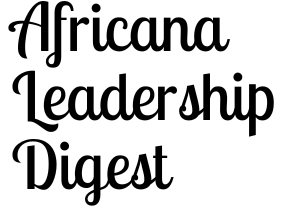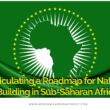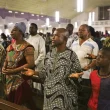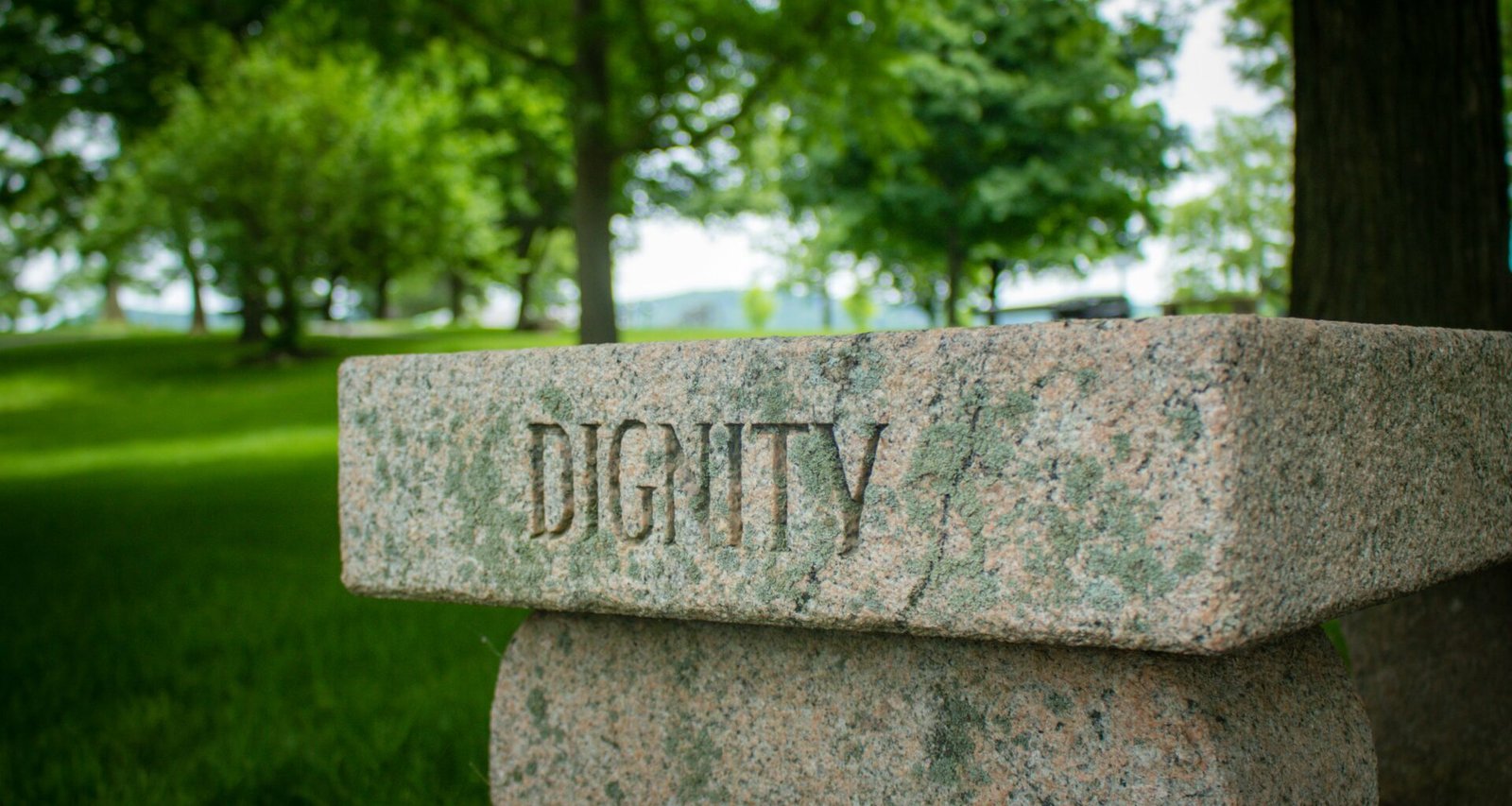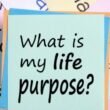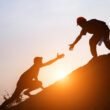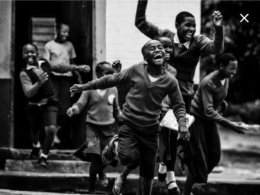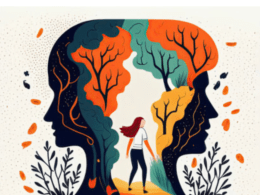“What is virtue? It is to hold yourself to your fullest development as a person and as a responsible member of the human community.” – Arthur Dobrin.
In recent decades, there have been vast misconceptions about gender roles, differences, and definitions. The more traditional way of conceptualizing a person’s humanness and dignity is by understanding what people mean when they talk about dignity and humanity. Dignity and humanity from time immemorial are a person’s inherent virtues. Of course, this can be stated more clearly concerning a person’s self-worth or self-respect. Virtue, stated differently, is about the person’s intrinsic character content that reveals their personhood. It is the very essence of a person that makes them a unique individual or virtuous being.
What Does it Mean to be Human?
“The measure of a man’s humanity is the extent and intensity of his love for mankind.” – Ashley Montagu.
Have you ever sat down to ask yourself what it means to be human? Every day, I try a little here and there to ponder on this for the sake of justice and equity for everyone who crosses my path. I often ask myself, what are the basic features or characteristics to watch out for to conclude the extent of the humanness of a person? Is it because one can talk, run, walk, and work or engage in intellectual discourse and co-exist with fellow humans? Is it because of our physical body structure? Or is it because we possess a memory that keeps details of our past behaviors?
How do we want to differentiate or define a human from other primates, for instance, since many primates could perform some of these essential functions mentioned above? Let’s take a look at what dignity is before linking the two concepts together.
What is Dignity?
“The greatest monument of a man is not a pyramid, but a record of service built upon a foundation of solid virtues: honesty, purpose, application, study, work, and kindness.” – Unknown.
Dignity is equivalent to human virtue, with connecting building blocks such as integrity, purpose, vocational commitment, intellectual sagacity, and compassion. While there could still be more building blocks, we will focus on those enumerated and briefly describe them below:
- Purpose is one’s reason for living or calling in life. According to Martin Luther King Jr, a man who has not found a purpose for living is not fit to live. A man’s or woman’s dignity is inherently linked to their purpose in life, which contributes to what gives them meaning in life. Without purpose, life will be meaningless! If life is pointless, then men will engage in absurdities.
- Integrity is a firm adherence to ethical principles and values such as honor, honesty, uprightness, trustworthiness, dependability, etc. One way or the other, integrity or lack of it will impact your destiny in a big way! That is why Clarence E. Hodges says, “Your integrity will affect your destiny; don’t leave home without it.”
- Vocational commitment is the hard work or due diligence shown toward one’s calling in life.
- Intellectual sagacity is the ability to engage in rational, logical, and critical analysis of life issues with confidence and healthy self-worth.
- A compassionate act is an expression of goodness and kindness to people.
Therefore, dignity is upholding the authentic self under every life circumstance without compromise. We must not compromise our innate virtuous living for cheap human praise or popularity. We must remain faithful and committed to it at all times. Your virtue is what is regarded as what is holy and should never be given to the dogs. It is your God-given treasure that should never be cast before the swine. Resist the temptation of letting insecure and insensitive people trample your dignity. Protect your dignity, and don’t let people walk over you anyhow.
Why is My Dignity Connected to My Humanity?
“There is no higher religion than human service. To work for the common good is the greatest creed.” – Albert Schweitzer.
One fundamental reason your dignity is connected to your humanity is so that you can care for people. Being dignified is about supporting those who need it when necessary and looking after people’s general welfare. Fundamentally, this is also the essential function of God. Amazingly, from our understanding of scripture, you have the same image of God. The image of God undoubtedly is the dignity of God because that is what makes God who he is – the integrity of God.
The sad fact of life is that people want you to engage in good works without acknowledging that you have dignity rooted in God. They want you to solve societal problems and become a community hero but will have you deny the Creator from whom all lives emanate. But you must understand that your dignity makes you possess distinct qualities like God, which is also your person’s fundamental essence. It is, without doubt, the breath of God within you that makes you a wholesome person. A person who cannot find his or her authentic self in God is like a fish drawn out of water; it is just a matter of time. There is a sudden end for such a fish because the end is near!
School of Transformational Leadership is a game changer for those who decide to participate in our Executive Wellness Leadership program or our On-site Wellness Leadership Day Program, which is a coaching program designed to help those struggling with depression, hopelessness, and meaninglessness of life in a unique transformative environment through faith-based approach intended to address the whole person – emotionally, physically, and spiritually. Here at the School of Transformational Leadership, you will learn how to value yourself as a person who is poised to contribute his best self to the community at large. Contact us, and an enrollment team member will walk you through the specific program that will suit your needs.
If you are passionate about writing and understand the power to shape culture through writing, please get in touch with us immediately, and our representatives will walk you through how you can join our team of writers at the Africana Leadership Digest.
Editor’s Note: This article was first written by me and sent for publishing in Compass Magazine and now in Africana Leadership Digest with some modifications.
